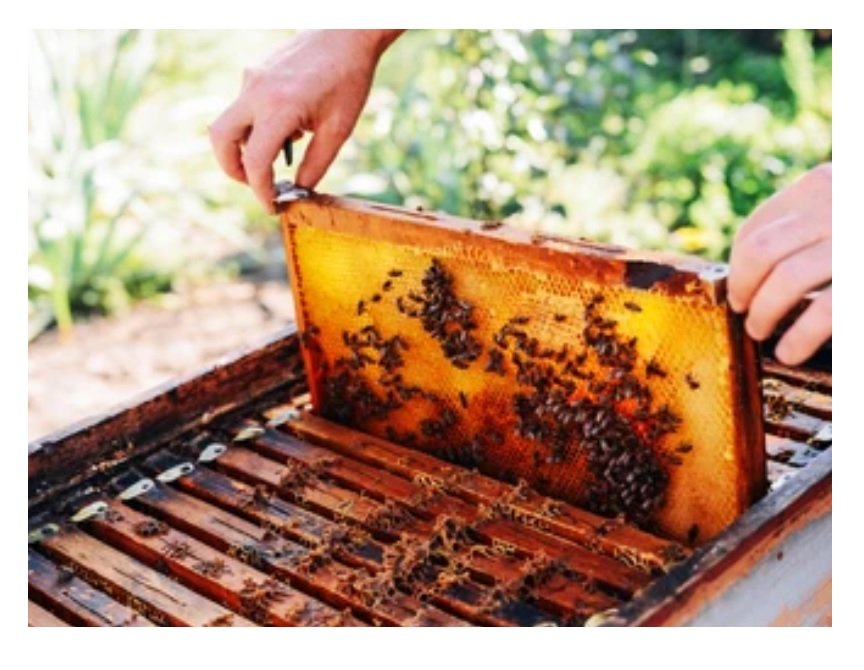Discussions were held on how to create awareness among beekeepers by designing courses with the support of ICAR schemes
A 21- day Winter School on “Commercial Apiculture for Livelihood Security of Farmers and Unemployed Rural Youth” concluded at Punjab Agricultural University (PAU). The programme was organised by the Department of Entomology, PAU under the aegis of the Indian Council of Agricultural Research (ICAR). In total, 29 participants from 12 states comprising Andhra Pradesh, Arunachal Pradesh, Haryana, Kashmir, Karnataka, Kerala, Madhya Pradesh, Maharashtra, New Delhi, Odisha, Punjab, Tamil Nadu and one Union Territory Ladakh participated in the winter school.
In his concluding remarks, the chief guest, Dr Naveen Patle, Additional Commissioner (Horticulture) and Executive Director, National Bee Board, New Delhi, observed that there were some issues and problems in the apiculture sector which called for the attention of the apiculture scientists.
“Some crops remain untouched and scientists need to work on the schedule of the crops which can be recommended in apiculture,” he said. Besides, Dr Patle made a call for focusing on technology demonstrations, increasing the quality and quality of by-products made from honey, and creating awareness among the beekeepers by designing courses with the support of ICAR schemes.
The guest of honour Dr Seema Jaggi, Additional Director General (Human Resource Development), ICAR, New Delhi, said that apiculture was an area where more entrepreneurs could be developed. The winter school was a two-way process; it provided an opportunity to disseminate knowledge in apiculture (by experts) and learn in return (from participants). Seeing the relevance of beekeeping, the programme was chalked out for the livelihood and security of the farmers, she remarked.
Dr Sandeep Bains, Nodal Officer and Dean, Postgraduate Studies, said that the university made an outstanding contribution in the commercialisation and industrialisation of apiculture, thus, opening the gates for the export of Apis Mellifera in 1996. “PAU has the credit of producing the largest hive manufacturers as well as the honey traders and exporters,” she added.
Dr MIS Gill, Dean, College of Agriculture, said: “PAU is leading in apiculture research. Since the introduction of Italian honey bee Apis Mellifera by a noted entomologist Dr AS Atwal in 1962, PAU has never looked back in apiculture.” Apiculture was an asset that could earn money for the small and marginal farmers/labourers, he observed. Dr Gill voiced his concern over the issue of ‘adulteration’ in honey and stressed maintaining its quality to win the faith of the consumers.
Dr DK Sharma, Head, Department of Entomology, said that the department has made 30 national recommendations in apiculture till date. “PAU was the first in India to start Experiential Learning Programme (ELP) in apiculture,” he revealed. The University has the distinction of having an Integrated Beekeeping Development Centre and a Toxicology Laboratory, fully equipped with state-of-the-art equipment for the analysis of pesticide residues in agricultural produce and commodity samples. The lab is set up as per the Bureau of Indian Standards under the National Accreditation Board for Laboratory and has been declared as the referral lab for pesticide residue analysis at the national level, he told.
Dr PK Chhuneja, Professor of Entomology and Course Director, in his welcome address, said that the winter school was a great learning experience for the apiculture scientists. It touched all the developmental aspects of apiculture through the organisation of 100 specialised lectures and virtual tours of apicultural manufacturers and beekeeping entrepreneurs, he added. Dr Chhuneja disclosed that the participants also toured Nagrota Bagwan (then in Punjab state and presently in Himachal Pradesh), where Apis Mellifera was introduced in India in 1962.
Dr Jaspal Singh, Principal Entomologist, proposed a vote of thanks.
During the programme, four participating scientists, namely, Dr Sunita Yadav, Haryana Agricultural University, Hisar; Dr Kumaranag KM, ICAR- All India Coordinated Research Project (Honey Bees and Pollinators); Dr Ipsita Odisi Priyadarsini Mishra, Odisha University of Agriculture and Technology, Odisha; and Dr PS Neharkar, Vasantrao Naik Marathwada Krishi Vidyapeeth, Prabhani, Maharashtra, hailed the informative lectures and the tours, organised by the PAU. They described the winter school training as ‘excellent.’
Discussions were held on how to create





